5 Tips to Handling Difficult Firefighters – Part 1
The fire service is a huge family, but sometimes we have to deal with difficult people more often than we would like to. As an instructor, the two most frequently asked questions about leadership to fire officers and firefighters are:
- “Why is it so hard dealing with difficult people?”
- “How can I do it effectively?”
In this article, we will identify 5 ways we as fire officers can deal with difficult people and situations.
Remember,
Ninety percent of what we do is done off of the fire ground
while 100 percent of our time and energy is handling
the everyday routine interactions of our crews.
— J. Dixon
Tip #1 – Be An Effective Communicator
Proper communication is the key. This cannot be stressed enough. In the fire service some might argue that there is too much communication, but are we doing it effectively? Is the message we are trying to get out being received in a way that is positive?
Communication shouldn’t be that difficult because we all work, eat, train, and hang out with one another on and off the job. This becomes even more prevalent because we all know each other’s families and for the most part have the same circle of friends.
So, in an environment of trusted friends, why is it so hard to deal with people that we like and work with on such a constant basis?
The answer: We are supervisors and no one wants to be the bad guy! It’s our responsibility to handle these difficult people and tasks.
So how do we communicate more effectively in this environment?
- Write the speech before we give it.
- Deliver the speech at the appropriate time.
Think Before You Speak
One sure way of becoming better communicators is to know what we want to say before we say it. This can be accomplished by writing the topics of discussion down in a list format. This will ensure that your train of thought isn’t derailed when the time comes to get the message out. The old adage of “think before you speak” holds true. The more thought we put into the statement before we say it ensures a greater chance that our message will be received as intended.
As an officer picks up the radio to communicate a size-up to the responding companies, he or she has taken into account all of the factors, processed this in their mind, and then delivers their finished product on the radio.
Timing
The timing with which we choose to communicate is also important. When we are angry or upset, we tend to start yelling and screaming which will get us nowhere. Often this is easier said than done, but cooler heads must prevail. As leaders we need to set the tone. Begin by taking a moment to collect your thoughts; this allows you time to calm down and approach the conversation with an authoritative but reasonable tone.
Remember when we were told to count to ten once we noticed we were getting angry so we wouldn’t say something regrettable?
When I find myself becoming angry or annoyed, I simply ask: “What is it that I am upset about and why?” Usually by the time I’m finished answering the question, I’m not so hot under the collar anymore. Try remembering this quote from a wise fire chief the next time you find yourself starting to become angry:
When you’re angry and it feels good, don’t do it!
–Alan V. Brunacini
As supervisors, the ways in which we communicate have a lot to do with our leadership style. There are many ways to communicate with our crews. In my experience, direct verbal communication has been the most successful way to ensure my words are acknowledged and understood. As they used to say over the radio: “Roger, Wilco” — which meant “understood and will comply.”
In order for our words to be understood, we must give our full attention to transmitting the proper message, so let’s put down the smart phone and talk to each other!
Once we can communicate with a difficult person effectively, the next step is to set the expectations. This will be covered in part 2 of this series.
Message received, now will they comply? Share with me how you best communicate with your firefighters in the comments below.
Photo courtesy of John Dixon
Read the complete series here!
5 Tips to Handling Difficult Firefighters
Part 1
Part 2
Part 3

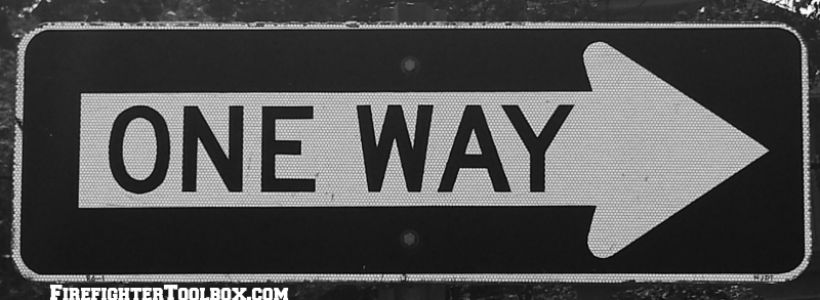
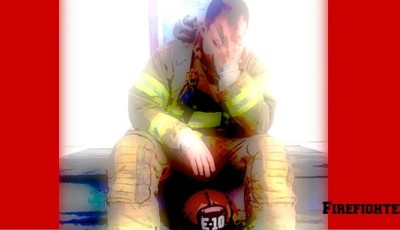
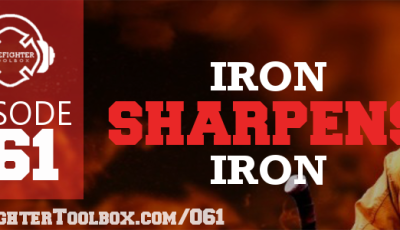
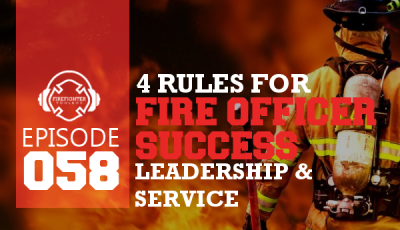
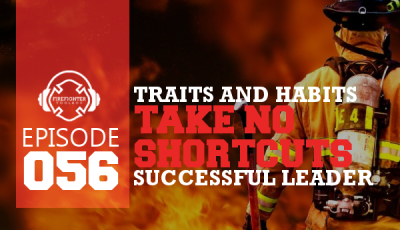

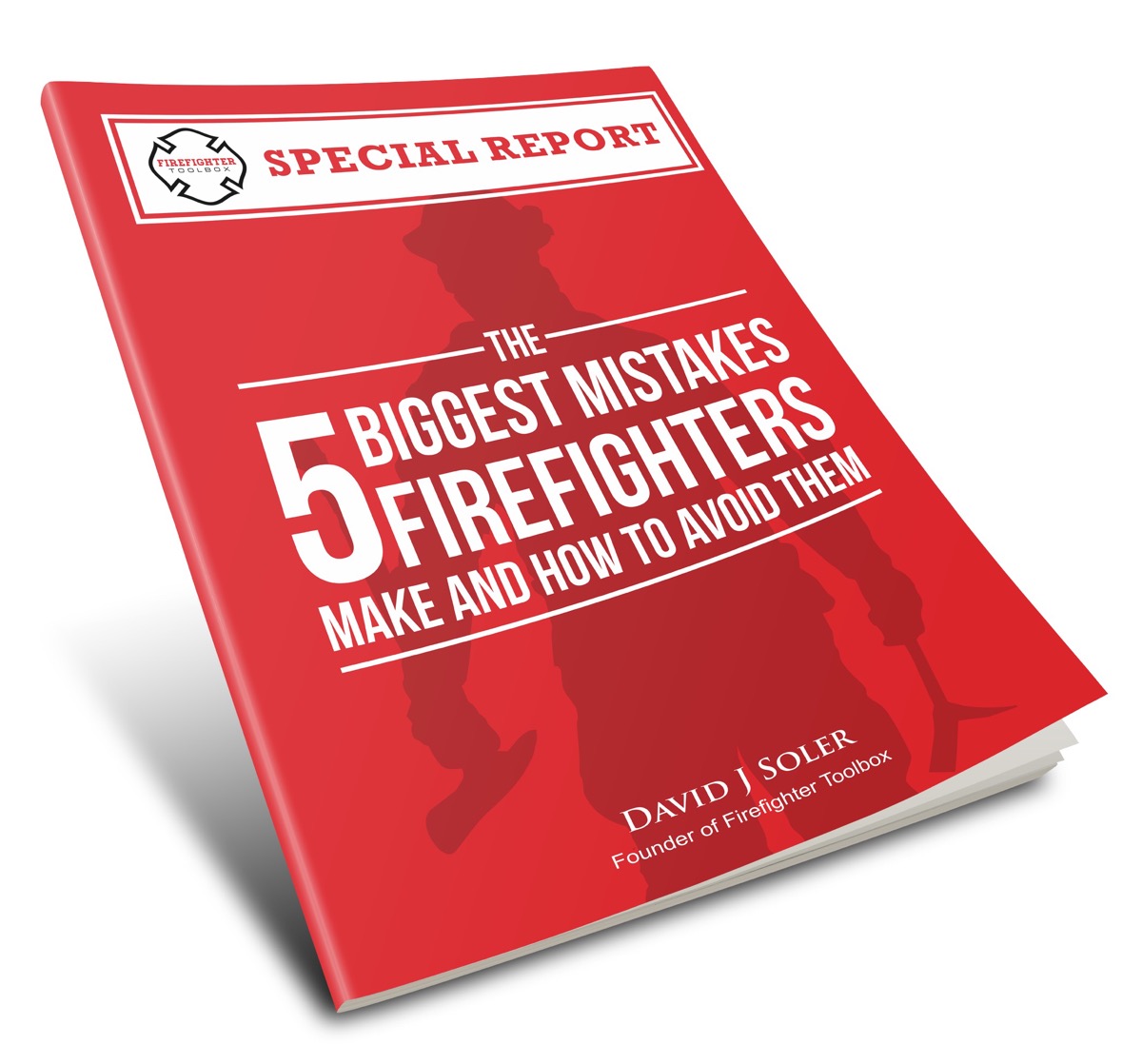



Lt Dixon, I read this article of dealing with difficult FF’s. I enjoy reading these as they help me not only be a better FF but to help once I do become a fire officer. I look forward the remaining tips.
I always tell new applicants there is only one way here and its OUR way. Dont plan on joining and trying to change the way we are. To many people come in and say “I dont think we should…” or “we need to….” Shut up already; most of us have been here for years and years and we WANT it this way!